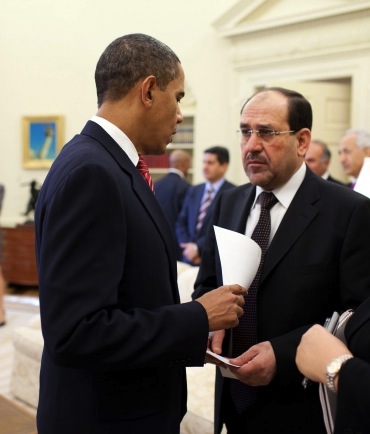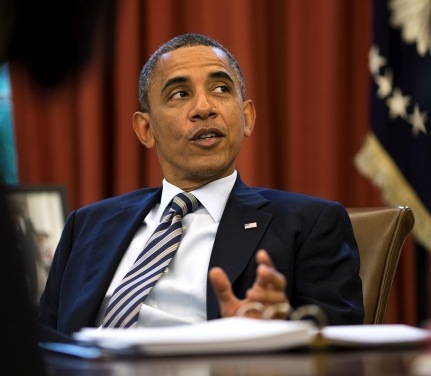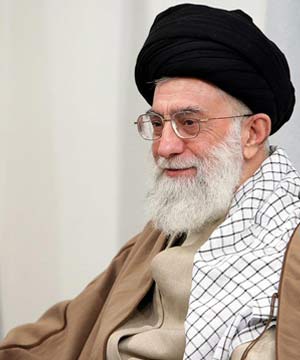On Friday, Patrick Clawson, the director of research at the pro-Israel think-tank the Washington Institute for Near East Policy, suggested that the US should work covertly and through international means of force to provoke Iran to take the first shot against the US or Israel. Otherwise, he says, starting a war with Iran will be really hard to accomplish.
“Crisis initiation,” he calls it. It’s very hard to do. And therefore “it’s very hard for me to see how the United States President can get us to war with Iran.”
Clawson recites a number of past incidents in history that presidential administrations have been able to use to justify going to war: the attack on Pearl Harbor, the sinking of the Lusitania, the Gulf of Tonkin, the explosion of the USS Maine, the attack on Fort Sumter…
Finally, he advises: “If the Iranians aren’t going to compromise, it would be best if somebody else started the war.”
I don’t think this reveals some evil conspiracy theory, but it does reveal how many hawks in Washington think about foreign policy. As Reza Sanati, a research fellow at the Middle East Studies Center, explained in the National Interest last week:
In the narrative of regime change, the American rationale is not difficult to understand. According to this scenario, Washington would keep pressure on the EU to cut off its oil exports from Iran, place extraterritorial sanctions on Iran’s banking infrastructure that impede international business and put massive pressure on Iran’s existing trade partners. Subsequent damage to the Islamic Republic’s revenues and thus the average Iranian’s quality of life would put intolerable strain upon the regime.
The Iranian government would either cave into U.S. demands, be overthrown by popular uprising or lash out militarily – a move that would legitimize American aggression against Iran. Thus, with this approach, Washington feels that it has Tehran boxed in. Even if Iran capitulates, the United States may not remove any of the sanctions; it could string out relief by claiming human-rights abuses or support for terrorism. If sanctions lead to street demonstrations, the United States may entertain what Vali Nasr has referred to as the Libya scenario: “economic pressure causing political unrest that invites intervention by foreign powers that feel safe enough to interfere in the affairs of a non-nuclear-armed state.” Moreover, as many U.S. hawks have suggested, it would be preferable for Iran’s government, under economic pressure, to lash out at the American behemoth in a rash, uncalculated way, therefore providing a casus belli that puts the United States in a sympathetic light.
The Obama administration does seem to have ruled out an attack on Iran (for a nuclear weapons program it doesn’t have) at least for now, partly because so many in official Washington oppose it. But long term, this is how policymakers think in the Imperial City.
(h/t Scott Horton)






